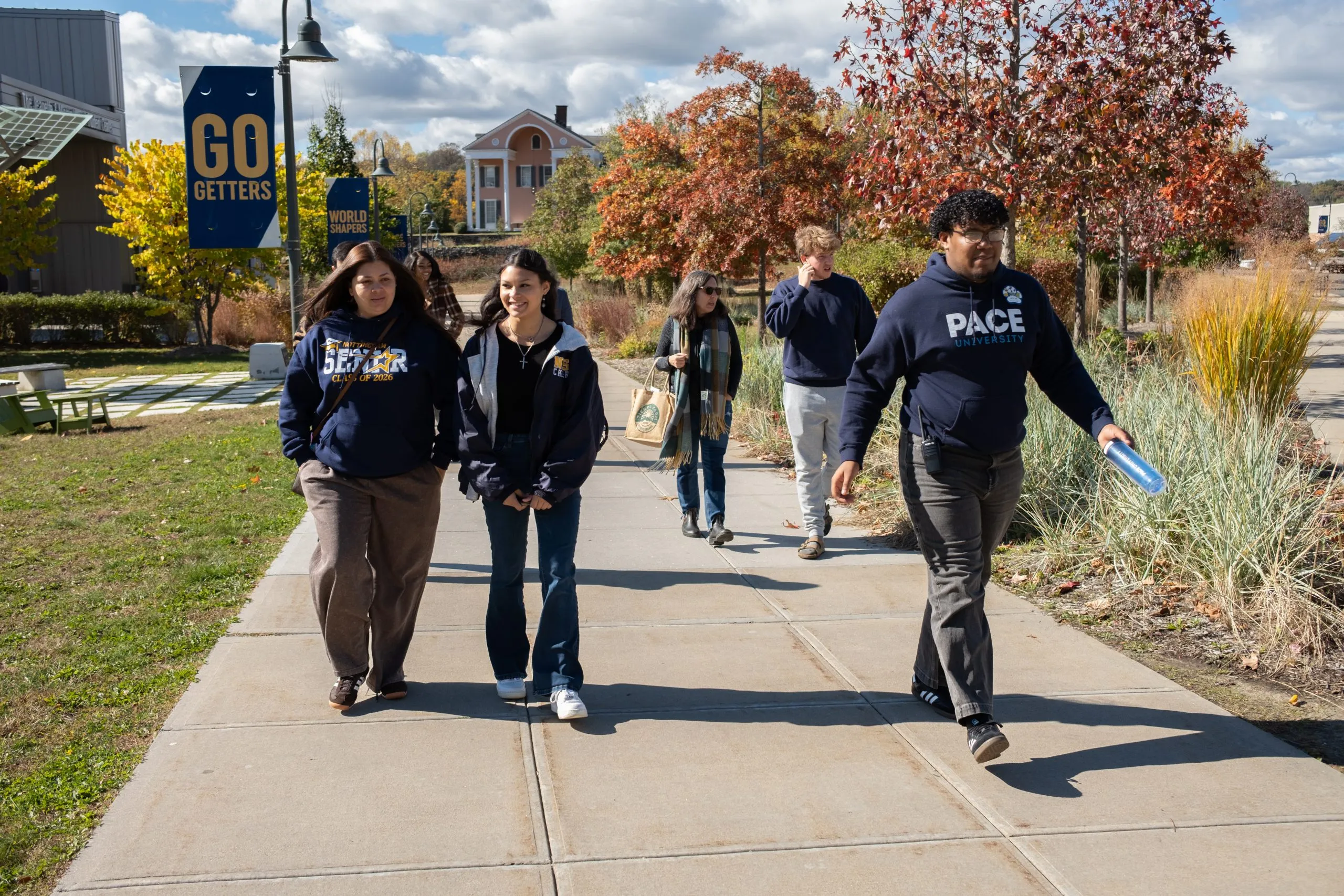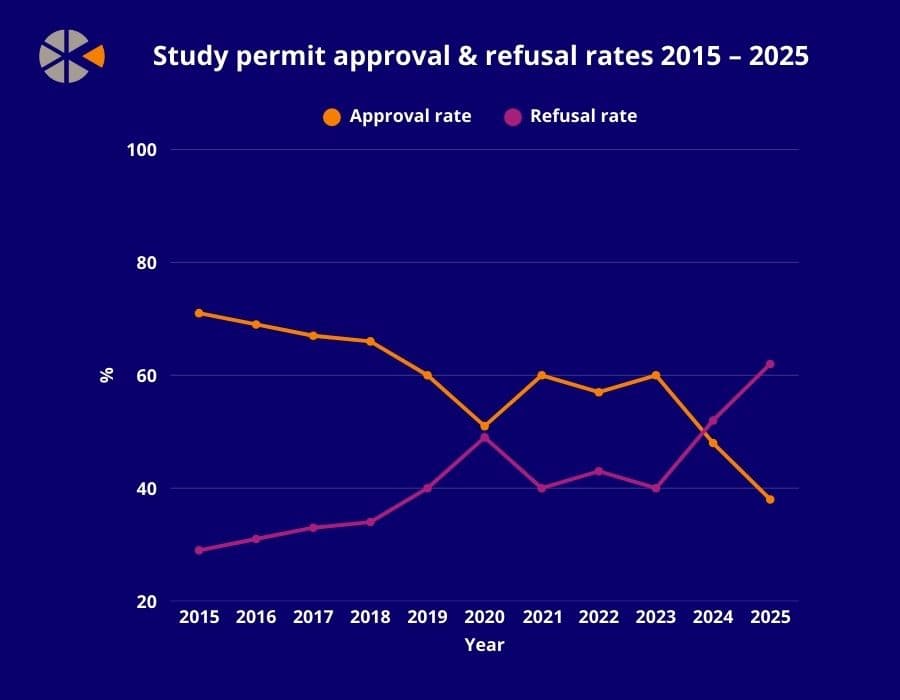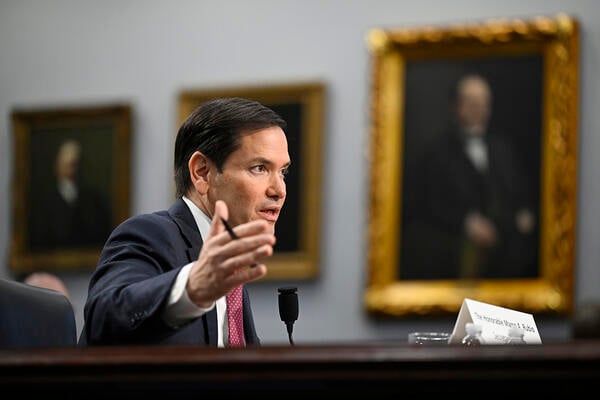Over the weekend, HEPI published blogs considering whether we are fixing or unmaking universities, and asking why there haven’t been more institution mergers.
This blog was kindly authored by Fiona Ellison, Co-Director, Unite Foundation.
It is the fourth blog in HEPI’s series with The Unite Foundation on how to best support care experienced and estranged students. You can find the first blog here, the second here, and the third here.
Higher education is often described as a transformative experience, but for some students the journey begins with significant barriers. Care experienced and estranged applicants – those who have spent time in care or are studying without family support – face unique challenges that impact their access, retention and success. At the Unite Foundation, we believe that the first step toward creating a more inclusive sector is to understand the data that underpins these challenges. We are grateful to do this in partnership with our long-term donor – Unite Students.
In 2022, Unite Students first undertook their annual applicant index, which sheds light on the experiences of students starting university for the first time. This year, we’ve been able to compare the experiences of ‘traditional’ students with those who identify as either care experienced or estranged. The findings reveal stark differences in financial pressures, mental health, social connection and academic engagement.
Who are we talking about?
Across two years of survey data, 370 respondents identified as care experienced or estranged, compared to 2,981 who did not. These students are not a homogenous group, but patterns emerge: they also reflect a diverse demographic profile. For example, 17.8% of care experienced and estranged applicants identified as transgender, compared to just 2.3% of other applicants. Similarly, 3.8% identified as non-binary (vs 1.6%). These figures highlight the intersectionality of working with this group of students – we know that if you can get it right for care experienced and estranged students you can get it right for all students.
The impact of financial pressure on mental health
Financial insecurity is a recurring theme. Over a quarter (27.3%) of care experienced and estranged applicants reported that financial issues affect their mental health, compared to 19.6% of their peers. This is not surprising. Without family support, these students often navigate university life without the safety net others take for granted. We know from HEPI, TechnologyOne and Loughborough University’s Minimum Income Standard for Students that those studying without financial support – e.g. care experienced & estranged students – even with the full maintenance loan, would still need to work over 20 hours at minimum wage to achieve the minimum income standard needed to survive at university.
The implications are clear. Financial stress compounds mental health challenges, which in turn affect academic performance and retention. This was clear from the analysis we did of the Student Academic Experience Survey, which found that 43% of care experienced students and 44% of estranged students have considered withdrawing from university, compared to 28% of their peers.
Whilst the survey doesn’t give us insight into the reasons why, it does provide clues. For example, care-experienced students and estranged students work significantly more hours in paid employment, with care experienced students working, on average, 11.3 hours/week, and estranged students working 11.1 hours/week, compared to 8.8 hours/week for other students.
Social isolation and belonging
University is often marketed as a time of social connection, but for many care experienced and estranged students, isolation is the norm. Only 26.8% said they have someone to turn to in a crisis, compared to 42.3% of other applicants. More than one in five (21.8%) expressed little interest in the social side of university life, almost double the proportion of their peers (11.2%).
Pleasingly, expectations of belonging are similar across groups. 53.2% of care experienced and estranged applicants expected to feel a sense of belonging at university, compared to 54.8% of others. We know through our work supporting the All of Us Community – a space for all care experienced and estranged students to come together and connect with their peers – that creating opportunities for connection to help build that sense of belonging is crucial which is why we offer our ‘Funding for Fun’ small grants pot to facilitate connection between students online and in person across institutions.
Learning challenges and attendance
Academic engagement is another area of concern. Care experienced and estranged applicants are twice as likely to have prolonged absences due to mental health:
- 22.9% missed 5–20 days in the past two years (vs 11.0% of non-care experienced students)
- 21.9% missed more than 20 days (vs 10.1% of non-care experienced students).
They are also more likely to struggle to keep up with their course (27.3% vs 18.8%). We know that this group of students are more likely to be working additional hours to fund their studies and this takes a toll on their ability to commit time to studies.
That’s why, for students who received the Unite Foundation scholarship, we see their progression rates from year 1-2 at the same rate as non-care experienced peers and they graduate at a rate much closer to their non-care experienced peers. They’re not having to work as many hours as their peers, as they have a safe space to live with their rent covered for 365 days a year, for up to 3 years.
This requirement to work to fund their studies shows up in the data – a striking 38.7% of care experienced and estranged applicants report significant work experience, compared to 27% of their peers.
What does this all mean?
The data tells a clear story: care experienced and estranged students face systemic barriers that cannot be solved by goodwill alone. Financial support, mental health provision and inclusive community-building must be embedded in institutional strategies.
For policymakers, this means recognising these students as a priority group in widening participation agendas – not just paying lip service, but embedding and regulating for action. For universities, it means moving beyond access to focus on retention and success – using evidence based solutions, such as the Unite Foundation scholarship to create the conditions to enable care experienced and estranged students to thrive.
If you want to explore how action to address accommodation issues can better support you care experienced and estranged students the Unite Foundation Blueprint framework can support your institution in building a safe and stable home for students, improving retention and attainment outcomes.












